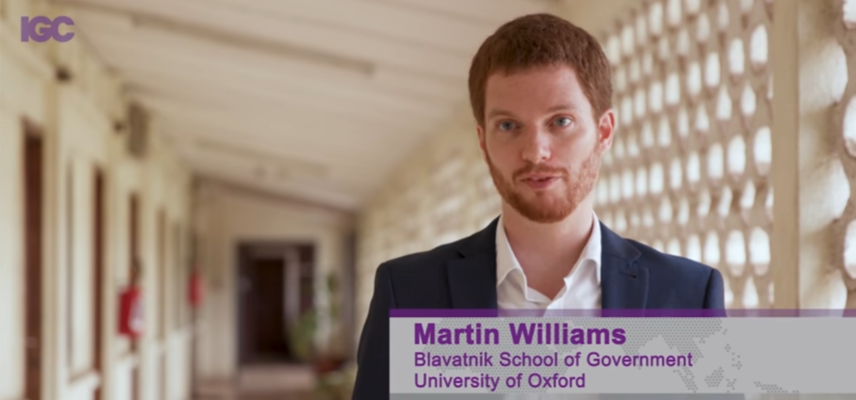THE POLITICAL ECONOMY OF INFRASTRUCTURE AND SERVICE DELIVERY
OUR AIMS
Progress in development will require substantial investment and improvement in the governance of infrastructure and service delivery. In most sub-Saharan African countries, this needs to take place in political contexts in which the clientelistic features of the local and national state (focusing on distribution to favoured groups and individuals) coincide with the emergence or deepening of democracy as well as improving bureaucratic capabilities.
In this theme, researchers explore these tensions analysing constraints and opportunities in infrastructure and social service delivery at the local and national level in a series of quantitative and qualitative studies in Ghana, Kenya, Botswana, South Africa and Nigeria. In some countries, researchers study how structures and cultures of political accountability develop and relate to improved service delivery. In others, they study how the underfunding of operational and maintenance costs on public infrastructure undermines the effectiveness of government expenditure. The project draws lessons, including contrasting findings with those from more illiberal states without similar democratic accountability, such as Angola and Ethiopia.
RESULTS
Research ongoing, results to follow
Timeline
TBC
Location
Ghana, Kenya, Botswana, South Africa and Nigeria

Theme
Politics and Institutions
Associations
TBC





